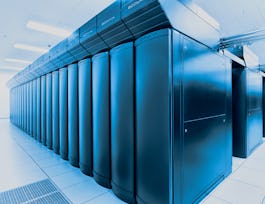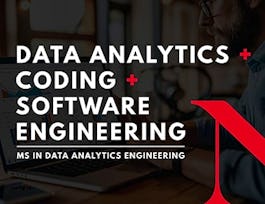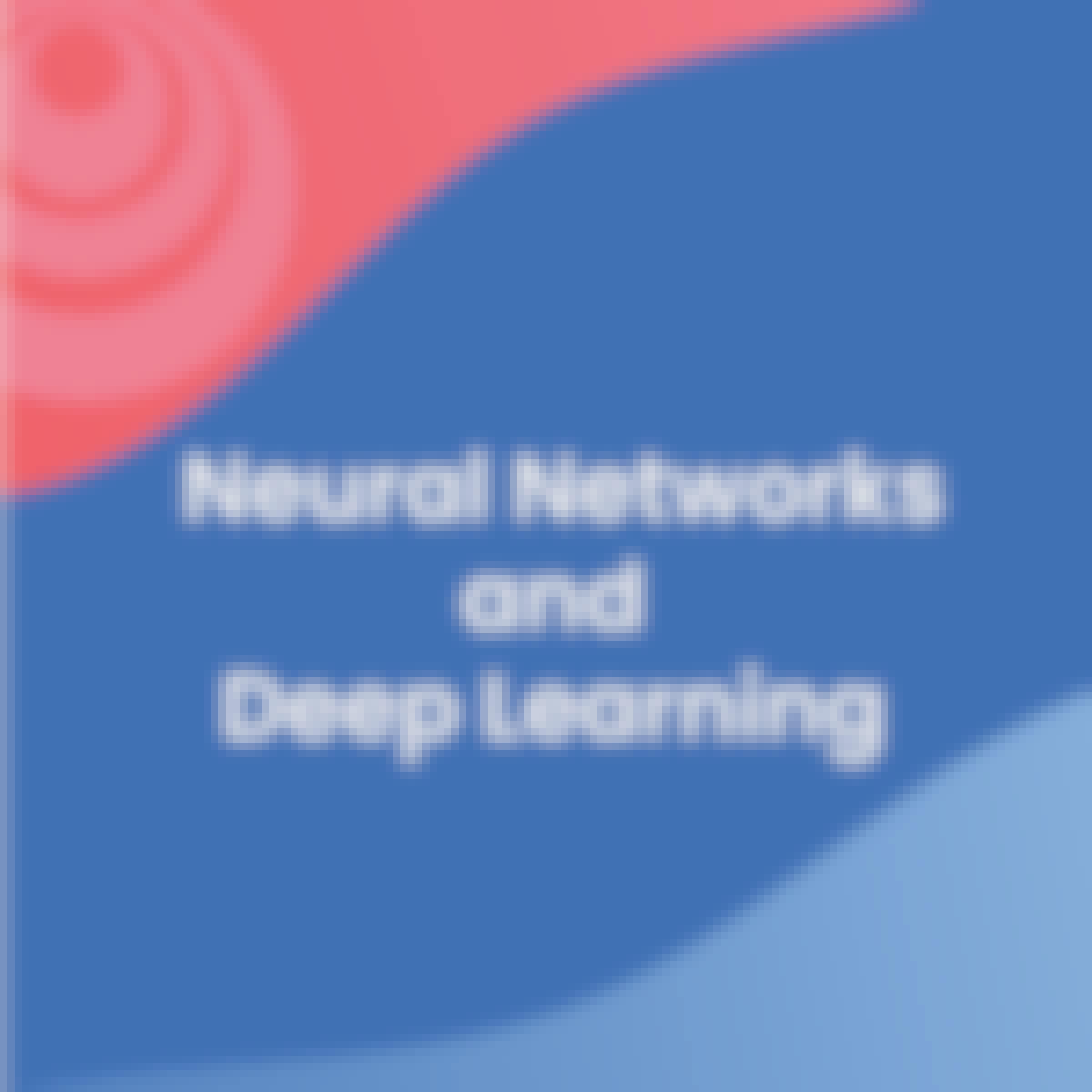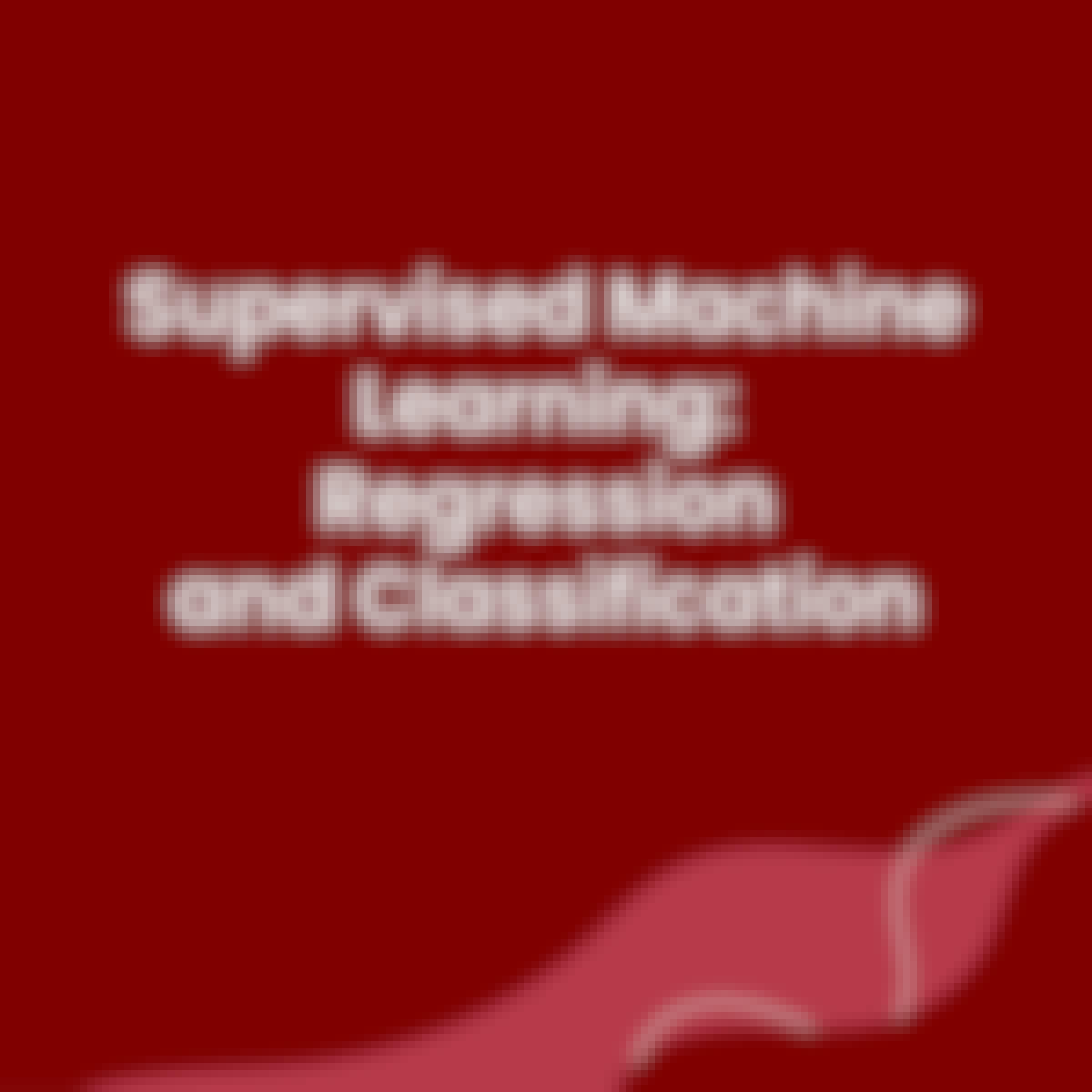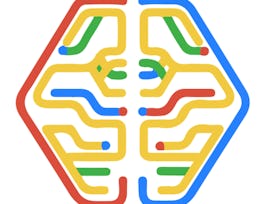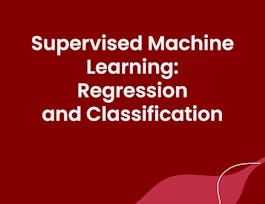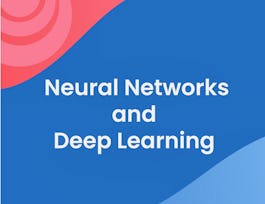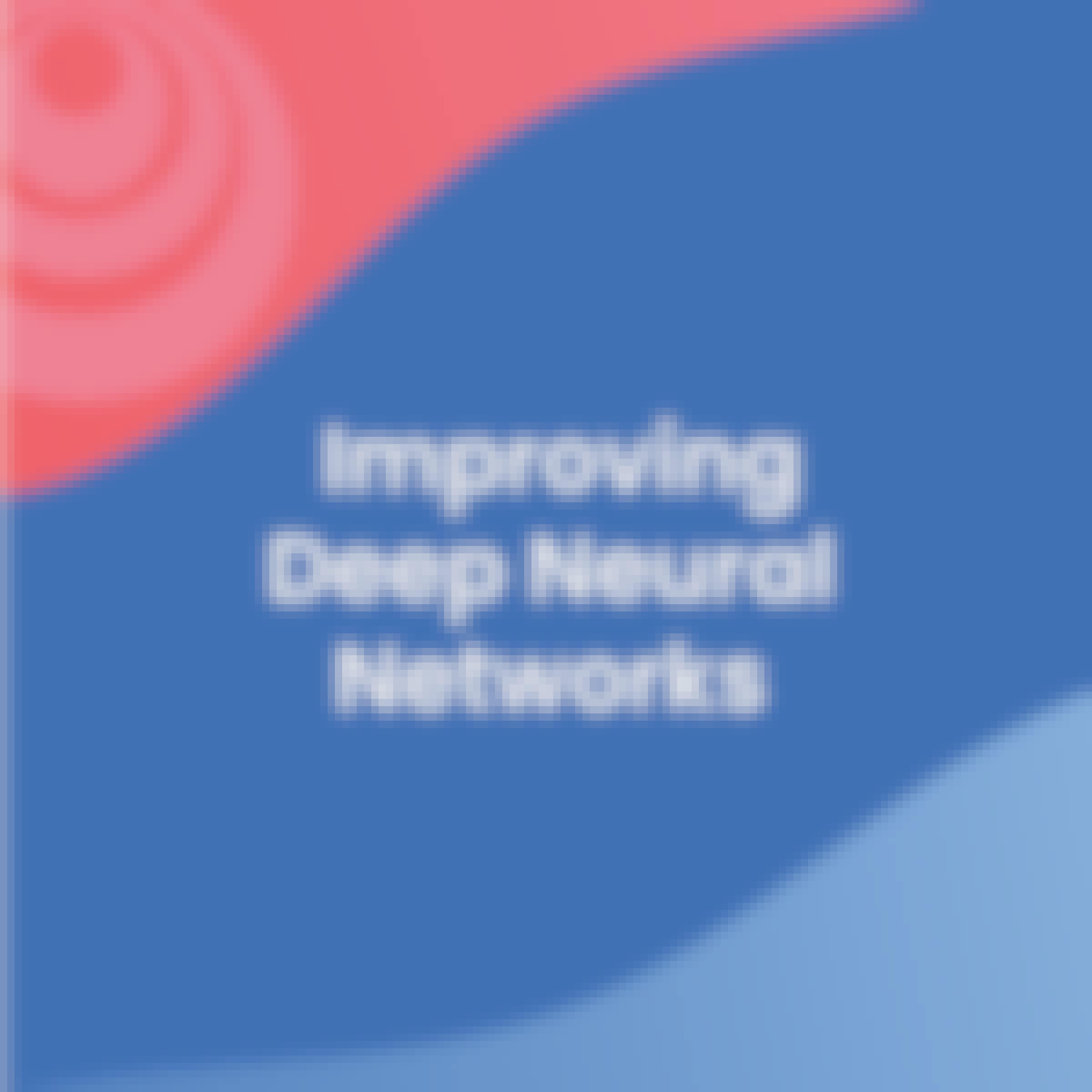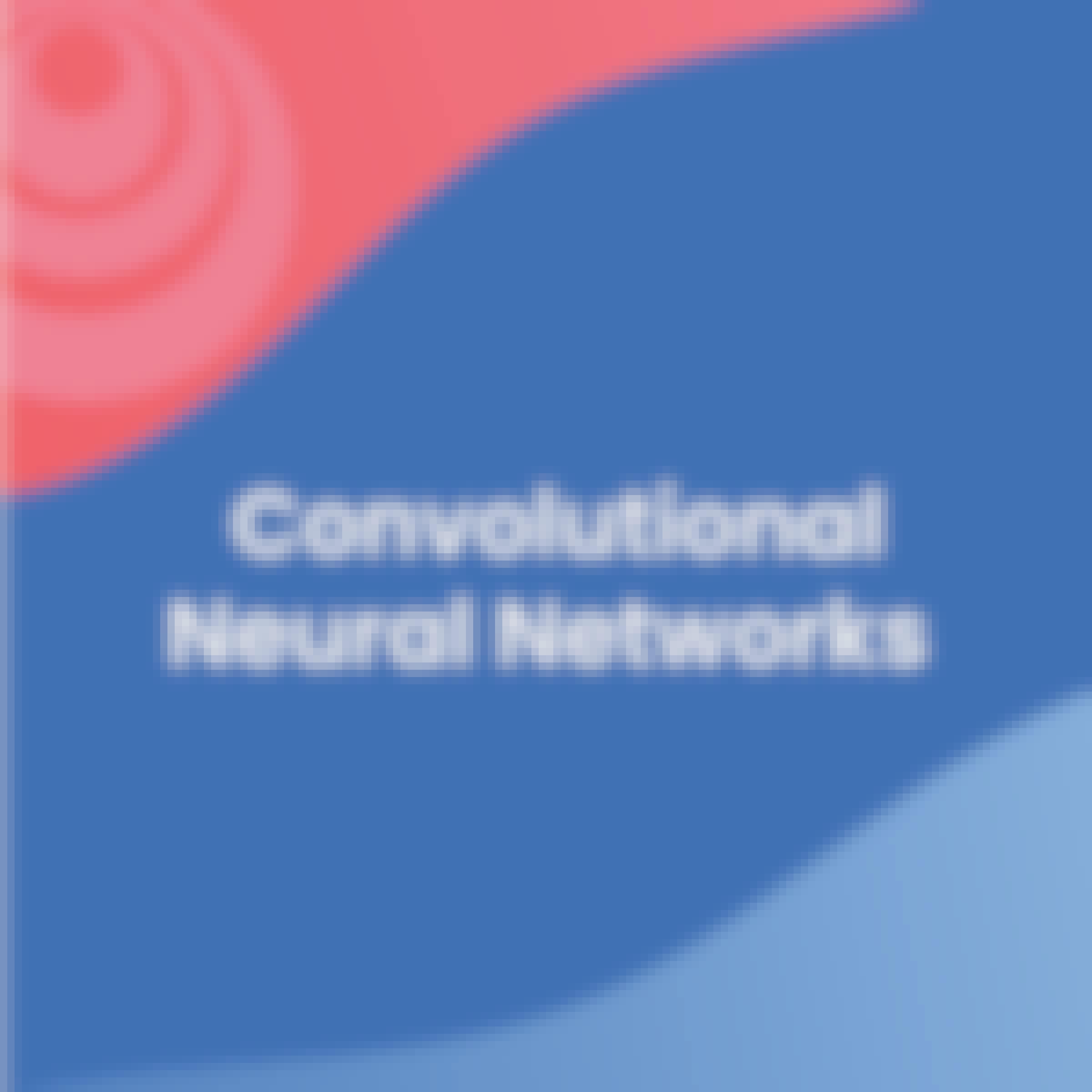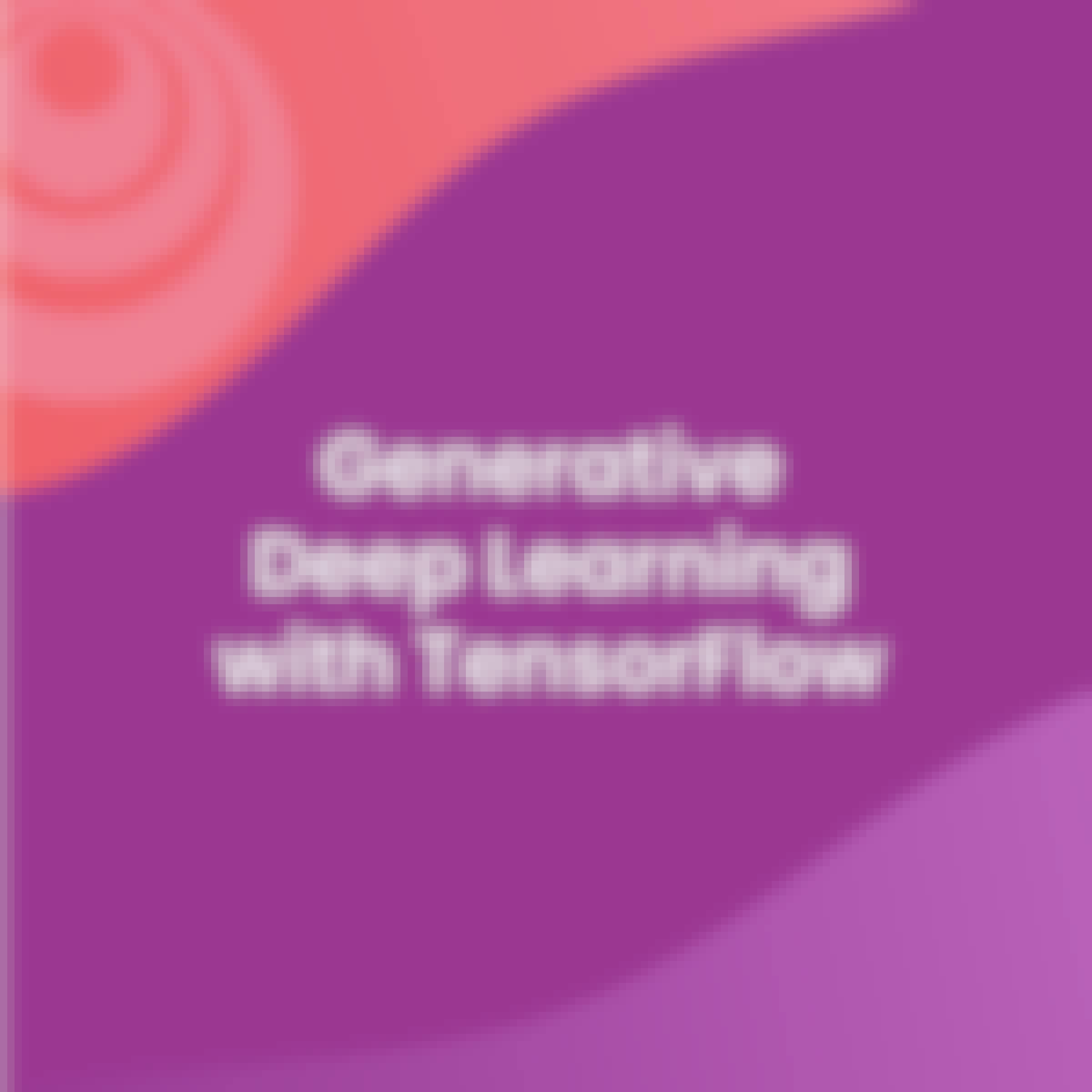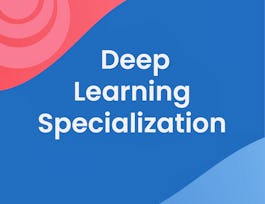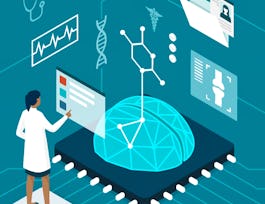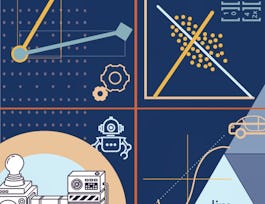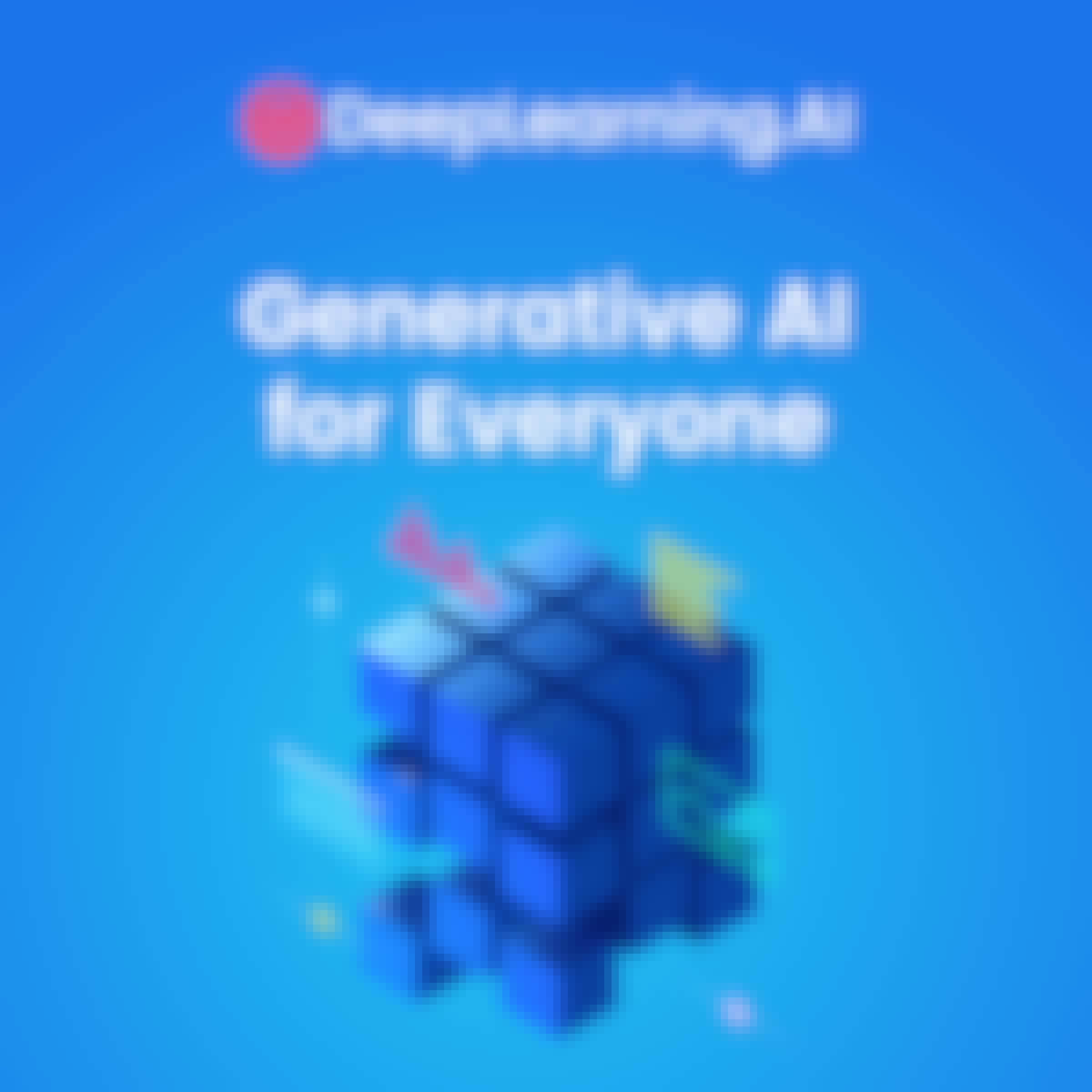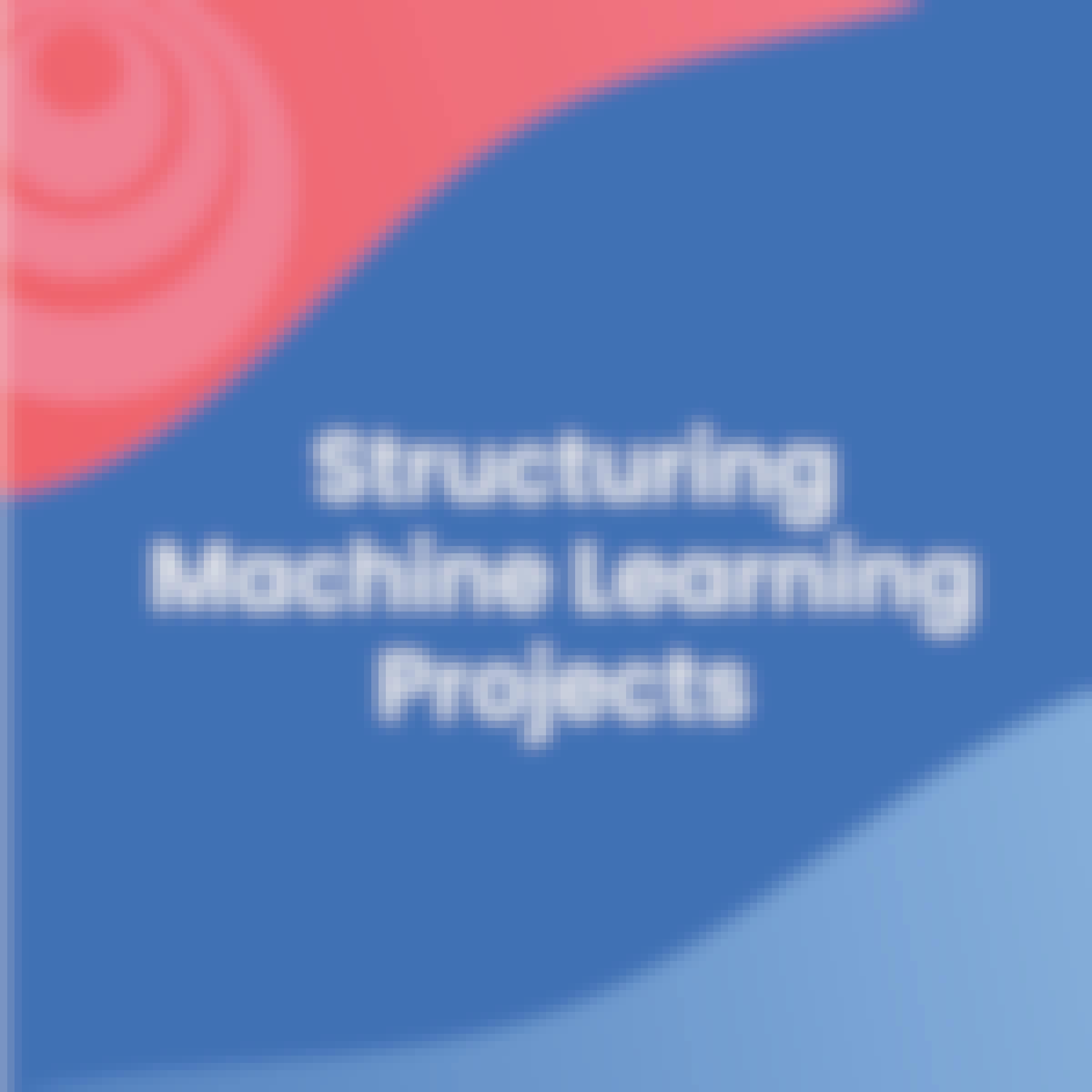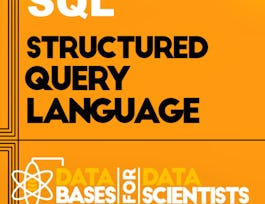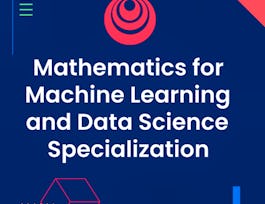- Explore
- Data Science
- Machine Learning
Machine Learning
Earn Your Degree
Most Popular Courses
Nuts and Bolts of Machine Learning & AI
Top Rated Courses
Best of Machine Learning & AI
Master Fundamental Math Skills and Statistics for Data Science
Launch Your Career
Frequently Asked Questions about Machine Learning
Machine learning is a branch of artificial intelligence that seeks to build computer systems that can learn from data without human intervention. These powerful techniques rely on the creation of sophisticated analytical models that are “trained” to recognize patterns within a specific dataset before being unleashed to apply these patterns to more and more data, steadily improving performance without further guidance.
For example, machine learning is making increasingly accurate image recognition algorithms possible. Human programmers provide a relatively small set of images that are labeled as “cars” or “not cars,” for instance, and then expose the algorithms to vastly larger numbers of images to learn from. While the iterative algorithms typically used in machine learning aren’t new, the power of today’s computing systems have enabled this method of data analysis to become more effective more rapidly than ever.
Machine learning is in some ways a hybrid field, existing at the intersection of computer science, data science, and algorithms and mathematical theory. On the computer science side, machine learning engineers and other professionals in this field typically need strong software engineering skills, from fundamentals like confident programming and coding ability to big picture familiarity with system design principles.
A familiarity with data science concepts is also important, particularly skills in data modeling and evaluation to ensure that the algorithms perform well and become more, not less accurate over time. And, because machine learning relies heavily on algorithms as well as the statistics and probability principles that underlie them, a solid theoretical background in mathematics can also be invaluable.
Machine learning skills can open the door to a wide range of careers, as more and more companies seek to harness these techniques and artificial intelligence (AI) to automate a growing range of processes. Some companies may specifically hire for machine learning engineers, but machine learning skills can also be important for data scientists, data analysts, and data engineers.
There are more specialized roles available for machine learning experts, too. Many companies in the financial industry may employ business intelligence analysts and decision scientists who can leverage machine learning skills to automate systems for delivering market insights. And companies building Internet of Things (IoT) that rely on voice recognition or other human inputs may employ natural language processing engineers or human-centered machine learning designers.
Like other topics in computer science, learners have plenty of options to build their machine learning skills through online courses. Coursera offers Professional Certificates, MasterTrack certificates, Specializations, Guided Projects, and courses in machine learning from top universities like Stanford University, University of Washington, and companies like Google, IBM, and Deeplearning.ai. Popular courses include machine learning foundations, advanced machine learning, applied data science, convolutional neural networks, deep learning, statistics, machine learning, and more.
If you want to develop your machine learning skills in the context of a degree program, you can do that online too! Coursera currently offers computer science and data science degrees from top-ranked colleges like University of Illinois, Imperial College London, University of Michigan, University of Colorado Boulder, and University of Pennsylvania, all of which offer opportunities to learn about machine learning at top-ranked universities from anywhere in the world.
Machine learning courses on Coursera cover a range of essential skills including:
- Supervised learning and unsupervised learning methodologies
- Neural networks and deep learning architectures
- Algorithmic foundations such as regression, classification, and clustering
- Data preprocessing, feature engineering, and data augmentation techniques
- Model evaluation and optimization methods
- Practical applications of machine learning in various industries
- Implementation of machine learning algorithms using Python and libraries like TensorFlow and PyTorch
No prior programming experience is required to begin beginner machine learning courses, but having some foundational knowledge in programming (especially Python) can be very beneficial. The curriculum is structured to accommodate learners at all levels:
- Beginners can start with introductory courses that cover basic programming and data handling.
- Intermediate learners can advance to applying machine learning algorithms on real data.
- Advanced professionals can explore specialized areas such as deep learning, reinforcement learning, or natural language processing.
Machine learning courses on Coursera offer a variety of credentialing options:
- Professional certificates that demonstrate a more comprehensive understanding of machine learning concepts and techniques.
- Specialized course certificates in areas such as artificial intelligence, data science, or specific technologies like TensorFlow.
- Certifications from leading tech companies and universities that can help enhance your professional credibility and career prospects.
Online Machine Learning courses offer a convenient and flexible way to enhance your knowledge or learn new Machine Learning skills. Choose from a wide range of Machine Learning courses offered by top universities and industry leaders tailored to various skill levels.
When looking to enhance your workforce's skills in Machine Learning, it's crucial to select a course that aligns with their current abilities and learning objectives. Our Skills Dashboard is an invaluable tool for identifying skill gaps and choosing the most appropriate course for effective upskilling. For a comprehensive understanding of how our courses can benefit your employees, explore the enterprise solutions we offer. Discover more about our tailored programs at Coursera for Business here.


